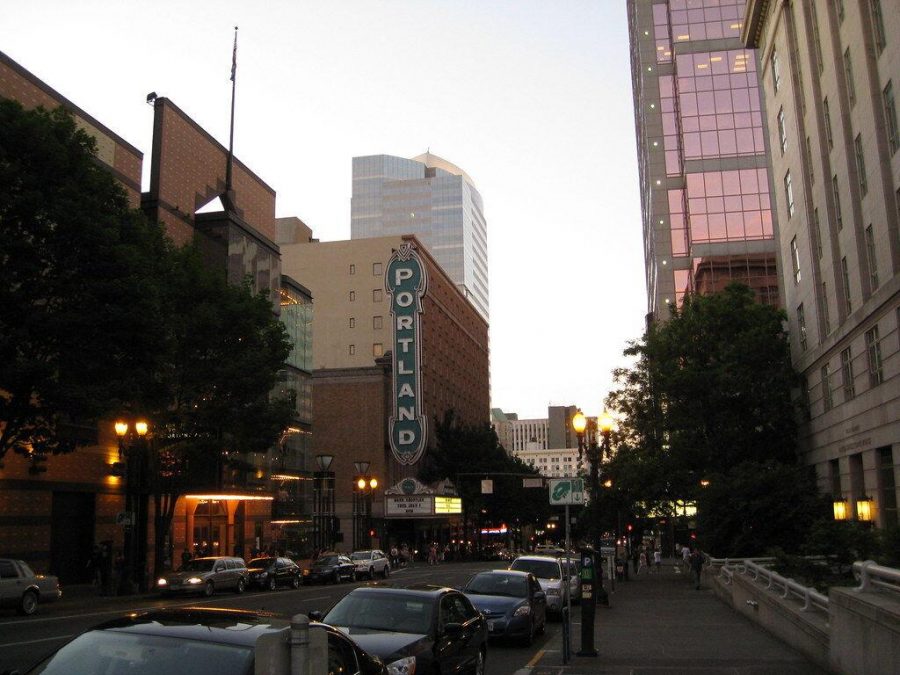Workers feel wary returning to work during pandemic, looting
July 15, 2020
COVID-19 has pushed most businesses and its employees into remote work or no work at all. With the killing of George Floyd and the many other victims of police brutality and systematic racism, protests and looting of businesses have broken out across the country—making the return to work even more dangerous.
Kalina Kuklinska works as a lash technician at Miss Knockout in Portland, Ore. Having just given birth to her second child in January, Kuklinska was only back to work for just over a week before her work closed due to coronavirus. With two young children, Kuklinska is especially worrisome of getting her kids sick upon returning to work.
“It has been quite the shift for me because I am used to being a working mom and this stay at home mom gig is no joke. I have been trying to keep my toddler entertained and she is used to being at daycare or with a grandparent during the work day,” Kuklinska said via email.
Emma Tognoli, former employee of Miss Knockout, recently quit her old position and was forced to get a new job for financial reasons. Tognoli now commutes an hour out of the city to work at an assisted care living facility.
“My income [from Miss Knockout] would be paid by a loan they got approved for that only allowed them to pay me 70% or less of what I would normally make,” Tognoli said.
With this in mind, Tognoli was looking to work more than her budget at the salon allowed, leading her on a job search in the midst of COVID-19.
Tognoli now worries her daily two hour commute on local Portland transit puts her at risk for contracting COVID-19 and potentially exposing her elder patients to the virus. As someone who couldn’t afford to be laid off, this job switch was necessary for Tognoli.
Kuklinska, also afraid of contracting and giving her family the virus, developed a plan to prevent as much exposure as possible.
“I already plan on parking on the side of my house and entering through the side gate into my bedroom every day when I get home to shower and change clothes before I greet my family. No more walking through the front door to my toddler yelling ‘YAY! Mommy’s home!” Kuklinska said via email. “I essentially have to hide from my kids in order to save their lives and that is weighing heavily on my heart.”
Jennifer Deras, Target employee, has been unable to go into work because of its closure due to looting in the wake of the world-wide Black Lives Matter Movement movement.
The Target location Deras is employed at sits directly in downtown Portland, a high risk area due to ongoing protests.
Deras is unsure when her work will return to normal. Even before the protests, her especially-urban location was at risk for COVID-19 exposure.
All three employees said they felt weariness as they returned to work following nation-wide shutdowns due to the pandemic. Not working remotely has led them to feel an elevated sense of risk during these times.
“It’s stressful and nerve racking to go into work not knowing what to expect or what might happen. Let alone seeing the workplace potentially get wrecked,” Deras said.










































































































